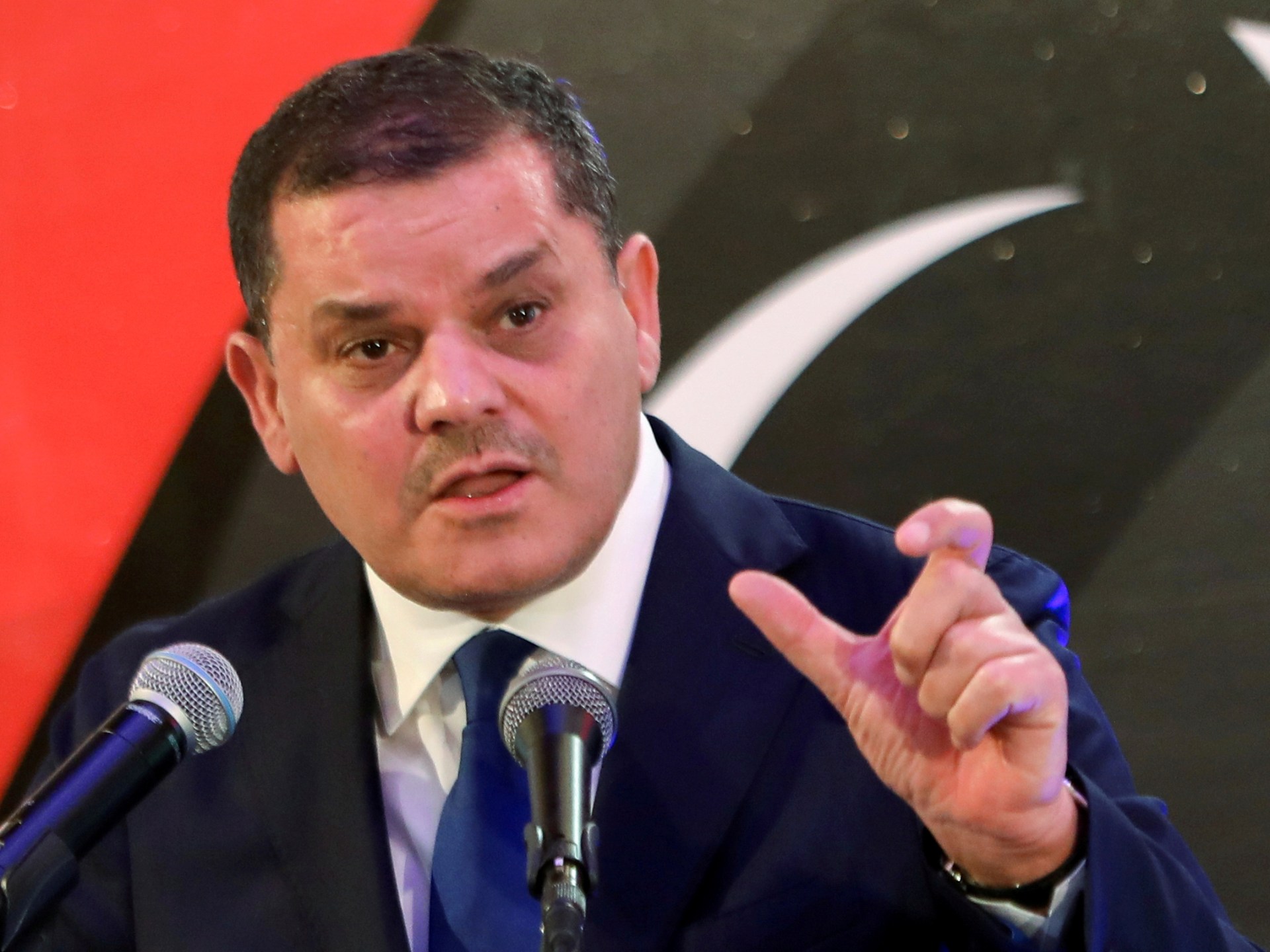Today, Saturday, the head of the national unity government in Libya, Abdul Hamid al-Dabaiba, welcomed the UN initiative to hold the elections, while the head of the Supreme Council of State, Khaled al-Mashri, confirmed the existence of a strong political will to organize the poll, which was disrupted due to internal divisions.
In a tweet on Twitter, Dabaiba welcomed the efforts of the head of the United Nations Support Mission in Libya, Abdullah Batili, to draw up a road map for the elections.
The Libyan Prime Minister praised the response of the United Nations to the request to raise the level of coordination and support provided in the course of preparation and preparation for the elections.
He also appealed to the Libyans to show strong will to end the transitional stages through fair and impartial elections.
For his part, Head of the Supreme Council of State Khaled Al-Mashri said - in a tweet on Twitter - that there is a strong political will to hold presidential and parliamentary elections before the end of the year with electoral laws that take into account the laws regulating political action, nationality, the organization of the armed forces and the pledges of the Geneva Forum, in addition to the participation of parties, youth and women in the elections. These elections will bring together all components of Libyan society, as he put it.
The head of the UN mission presented - earlier today, during a press conference in Tripoli - the initiative to hold the elections, and said that its aim is to bring together the Libyan parties and overcome the current state of stagnation.
Batili added that a road map for the elections could be drawn up by mid-June, warning that prolonging the current situation in Libya will only lead to political and social unrest, and will undermine Libya's territorial integrity and the unity of its people, as he put it.
The UN envoy also said that the elections will give legitimacy to the country's institutions, adding that if the political will of the State and Parliament is available, elections can be held this year.
Batelli presented the initiative during a press conference in Tripoli (French)
Articles of the international initiative
Batelli's initiative provides for the establishment of a high-level steering committee with the aim of holding presidential and legislative elections this year.
The proposed mechanism will bring together the various Libyan parties, including representatives of political institutions and tribal leaders, civil society organizations and security parties, and representatives of women and youth.
The proposed commission would also facilitate the adoption of a binding legal framework and timetable for holding the elections.
The committee also provides a platform to promote consensus on issues of securing elections, adopting a code of honor for all candidates, in addition to establishing a Libyan-led mechanism that brings together stakeholders to agree on spending priorities, and ensuring that oil and gas revenues are managed in a transparent and equitable manner.
Before it was officially presented, internal and external reactions to the initiative of the UN envoy varied. While the United States, Britain, France, Germany and Italy supported it and the Libyan Presidential Council and the National Unity Government welcomed it, the House of Representatives explicitly opposed it and the Supreme Council of State was divided over it.
Despite the approval of the High Council of State to approve the 13th constitutional amendment to the Constitutional Declaration, which would provide a constitutional basis for the elections, there are still differences over the explanations for running for the presidential elections.
It is noteworthy that the presidential and legislative elections in Libya were supposed to take place in late December 2021, but they were postponed due to the lack of a legal and constitutional framework to organize them.

